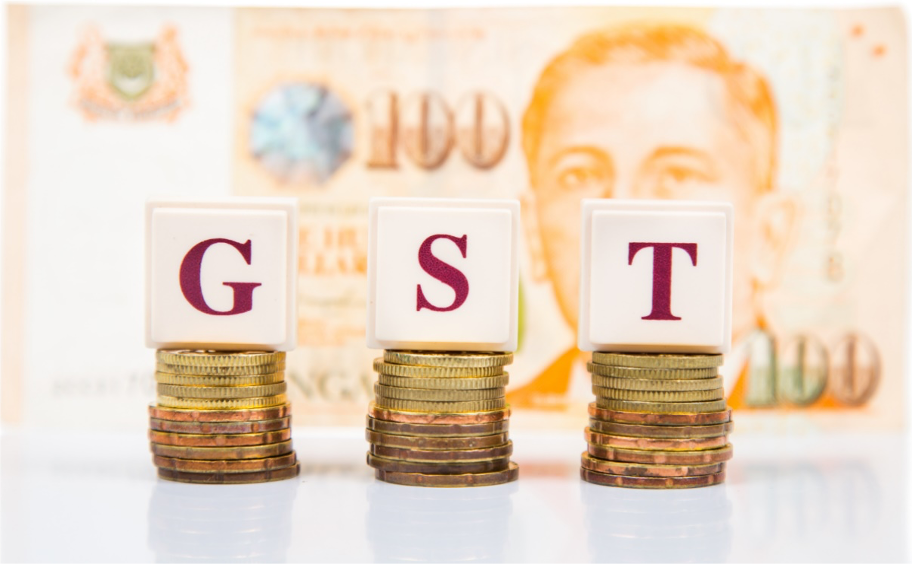Goods And Services Tax (GST) in Singapore
SO MANY TAX OBLIGATIONS, SO LITTLE TIME. WE FEEL YOU.
Fortunately for you, we know this stuff inside out and can assist you to ensure you meet all the obligations that IRAS is required of you. There are advantages and disadvantages to each and it’s important to check all the details thoroughly, as the business structure will affect; the tax you are liable to pay, your business income, and ongoing costs.
Filling Goods and Services Tax (GST) in Singapore
Turn tax challenges into opportunities with professional GST Consultant in Singapore. We also offer Accounting & Bookkeeping services in Singapore

What is GST?
Goods and Service Tax (GST) is a consumption tax that is levied on the supply of goods and services in Singapore and the import of goods into Singapore. GST is an indirect tax, expressed as a percentage (currently 7%) applied to the selling price of goods and services provided by GST registered business entities in Singapore.
